The Battle of Plassey was a major decisive victory of the British over the Nawabs in Bengal. It was a huge turning point that gave a consolidated view of British rule in India. The battle was fought between the Nawab of Bengal and the East India Company on 23rd June 1757 within the Plassey region of Bengal. Robert Clive led the East India Company, and the Nawabs led the Siraj-Ud-Daulah.
The Battle
The Battle of Plassey is very popular in history as it made a decisive victory for the British. With the help of the defection of Siraj-Ud-Daulah’s commander-in-chief Mir Jafar, the victory became easy for the British. Besides the treachery of Mir Jafar, India lost the battle due to a lack of planning. After 3 hours of fighting, there was a huge downpour. There were no plans to protect the weapons during the heavy rainfall. According to Clive, 22 men died, and 50 were injured among the British troops. Among the Nawab’s 50000 armies, 10 war elephants and 40 cannons were defeated by the 3000 soldiers of Clive.
Significance Of the Battle:
Before the Battle of Plassey, the British only used to trade in India. But after the victory over Bengal, the British started ruling Bengal, which marked the beginning of the British rule of entire India.
Causes Of The Battle:
The primary causes for which the Battle of Plassey occurred are:
- Non-payment of duties and taxes by the British East India Company Workers.
- Misuse of the trade privileges given to the British by the Bengal Nawabs.
Though these are the major reasons, there were other reasons for the battle like:
- Krishna Das, who was the enemy of the Nawab and son of Raj Bhallav, was provided with an asylum.
- British mislead and cheated the Nawabs in various aspects.
- Without the permission of Nawabs, the British fortified Bengal.
Who Fought the Battle and Their Roles in it?
Here are the major participants of the battle and their significance:
- Siraj-Ud-Daulah- He was badly affected by the misuse of trade privileges by the East India Company. He seized the Calcutta fort from the British and was involved in the Black Hole Strategy, 146 English troops were captivated in a tiny dark room, and among them, 123 died out of suffocation.
- Mir Jafar ( Commander-in-Chief of Nawabs)- He cheated Siraj-Ud-Daulah and was bribed by the East India Company. He conspired everything according to the instructions of the English against the Nawabs.
- Jagat Sheth( Banker)- This influential banker conspired against the Nawabs and ultimately killed Nawab Siraj-Ud-Daulah.
- Rai Durlabh( Commanders of Nawab’s army)- Though he was a part of the army, he never participated in the battle honestly. He betrayed Siraj and conspired against him.
- Omi Chand- He was the Bengali merchant involved with the composition of the negotiation treaty of Robert Clive before the Battle of Plassey.
Robert Clive- He misused trade privileges and initiated Calcutta’s fortification without permission from the Nawabs of Bengal. Disappointing Siraj-Ud-Daulah, he provided asylum to Krishna Das, who was the enemy of the Nawabs.
What Are the After Effects of the Battle Of Plassey?
The British captured entire Northern India, with many other effects. The effects can be divided into
- Economic Effects
- Political Effects
Economic Effects- The entire economy of India was badly affected. In the name of collecting taxes, the British started imposing unfair rules and regulations on the people of Bengal.
Political Effects- Mir Jafar was designated as Nawab of Bengal. As he was not satisfied with his position, he inspired the Dutch to attack the British so that his foundation was consolidated. The British ruled Bengal as the paramount European power. The British designated Mir Qasim as the Nawab of Bengal. Robert Clive was crowned ‘Lord Clive’ and he obtained a seat in the British House of Commons.
As this Battle marked the beginning of British rule in India, it is very important for History. When the British won over the French, the battle also ensured the dominance of the British in India. The Indian society and culture were also affected by the British Raj in India. British rule started in 1858 and ended in 1947. The British Raj developed a section of educated people among the Indian leaders who believed in Western values and culture. In the development of modern India, these educated leaders played a great role.
Conclusion
The Battle of Plassey was a turning point in the History of Bengal as it marked the beginning of British rule in India. After the victory, the East India Company gained more control leading to entire colonization. During the battle, many traitors and cheaters were marked like Mir Jafar, Jagat Sheth, and Rai Durlabh, who could easily be bribed and conspired against the Nawabs. The battle had a great impact on Indian History.

Battle Of Plassey




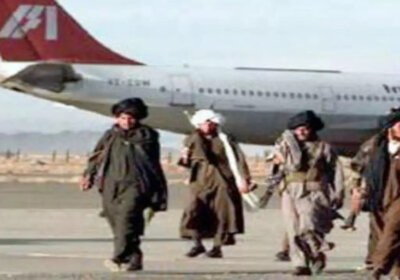
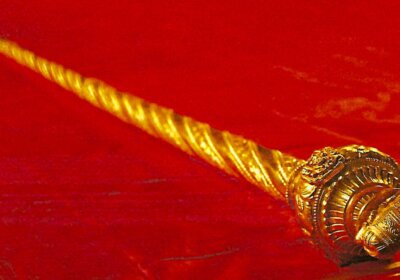
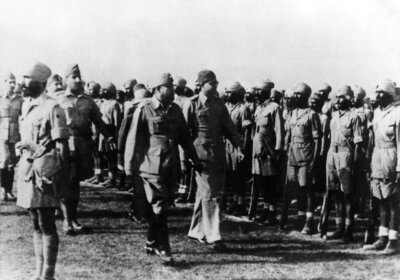
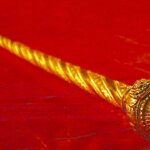
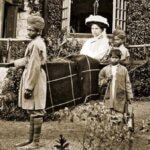
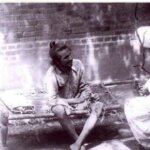



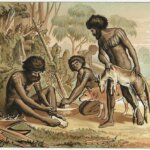



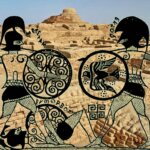





Leave a Reply